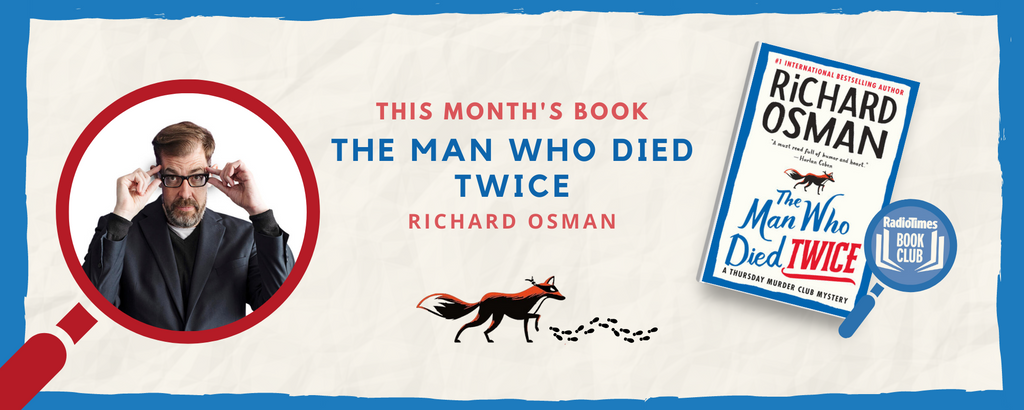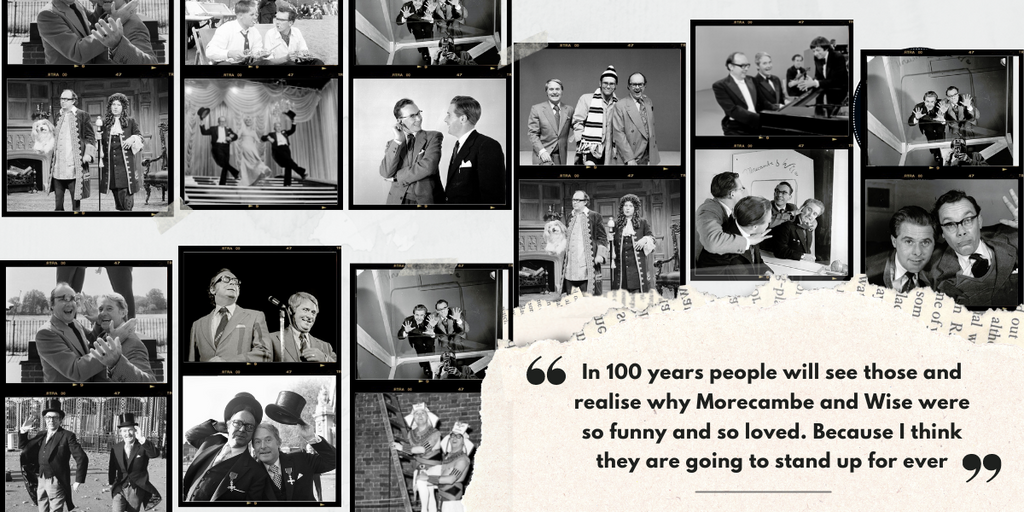
When Richard Mabey wrote Nature Cure, it put his life back together. But 16 years on, he says it’s nature that’s in peril
In less than 12 months I’d recovered from a long spell of debilitating illness, left the family home in which I’d lived all my life, sold my beloved wood, moved into a hermit’s cell in a Norfolk farmhouse, fallen in love, and begun – for the first time – a shared life.
This jump-starting all happened in a radically new landscape, and my book Nature Cure was the result: a compulsive, written-in-real-time account of a hectic rite of passage [and being republished to mark Mabey’s 80th birthday]. I’d roamed the Chilterns’ ancient beechwoods and chalk hills for half a century, and they’d moulded my being. Now I was adrift in a shapeshifting arena of immense skies and capricious wetlands. The water quickened everything: the urgent flocks of waders, the swell of peat underfoot, the transmutation of field to lake in winter floods, the very notion of a horizon. It seemed a world of limitless possibility. I went out wideeyed each day “off the map and into the territory”, and came back to put it all down on my manual typewriter. I’m still exhilarated when I read my breathless accounts of those days, and relive the thrill of my mind and senses reawakening after two years of dormancy. But I’m unsure now whether I should have called the memoir Nature Cure.
Nature played a minor role in my recovery, which was chiefly the result of love and friendship – and of beginning to write again. The turning point was when my new partner Polly, with an extraordinary leap of insight, sat me down under a tree with a notebook and asked me to keep a diary while she was away. I did, and in a matter of weeks I’d reclaimed who I was: an unrepentant scribbler. Nature Cure is not so much an account of the now fashionable “nature therapy” as it is a bildungsroman, a coming-of-age story written four decades later than usual. What I found as I came out of my illness was that, in my imagination, nature seemed to be “recovering”, too. It felt more resilient, mischievous, inventive, independent. That was the “cure” of the title. Not the relief of my own misery, but the possibility of escape from our species’ neuroses with our arrogant beliefs that nature is there for our benefit, has no independent agency, and needs us for its very survival.
‘ I was adrift in a shape-shifting arena of immense skies’
The idea of the book first surfaced in an article I wrote just after emigrating to Norfolk. It had the ridiculously pompous title, “Living as if nature really mattered”, and was a mish-mash of my emerging beliefs about other beings as equal neighbours, and the American Deep Ecology tracts I was devouring. But it made the point, and served as a kind of blueprint for the new life I was cobbling together. So I have not changed the title, any more than I have tinkered with the text, which for better or worse is an authentic account of what was happening in that tumultuous year. As for the Waveney Valley, the location where the story is played out, we still live there, and witness its changing fortunes. The fens, which I’ve grown to love, thrive. Lost orchids have returned, ancient connections restored. But the ordinary countryside between is in a state of degeneration.
After what seemed like a change in heart in the early years of the new millennium, agriculture is intensifying again. Ancient hedges are being grubbed out at a rate that rivals that in the bad old days of the 1970s. Grassland is being lost to paddocks and illinformed tree-planting schemes. The hares and golden plover flocks and stubble sparrowhawks that I celebrated have vanished. The chemicaldriven collapse in insect populations is draining the villages of swifts and martins. I’m not sure what kind of book Nature Cure would have been if the scale of these losses had been apparent back then.
At the time of its first publication, in 2005, the book was one of the first in a genre that the press came to label “the new nature writing” – memoirs in which the reflections of the observer were entwined with the observed details of the natural world. I can’t say it seemed that “new” to me, and “new nature writing” is now rightly regarded as a risible and obsolete coining. But the memoir form in which fellow beings also feature is a vital medium for asserting that we are all inextricably part of nature, and for exploring the paradox of bewitching beauty co-existing with existential threat. The challenge for all of us is to keep our prime focus on the natural world, in all its pains and ecstasies, and resist employing it as no more than a mirror for our own feelings.
Extracted from Nature Cure by Richard Mabey (Little Toller, £18)
To receive this month’s choice, Nature Cure by Richard Mabey, for £14.99 (incl p&p) — with bookplate signed by the author — sign up to the RT Book Club now on a monthly or quarterly subscription to suit your reading speed and enjoy free delivery with your book sent giftwrapped to your door for your convenience!
You will receive a novel or non-fiction book that we at Radio Times recommend especially for you — one we’re sure you will enjoy. Over a year, the Book Club monthly subscription remains at £14.99 regardless of the book price, representing an overall saving on 12 books. In 2020, our Book Club members saved over £29* and enjoyed reading across many genres, from history and autobiography to contemporary fiction. We also have a brand-new Facebook group† just for members to discuss this month’s book — visit radiotimes.com/bookclubgroup to join.
**Based on publishers’ prices. † Facebook group only available to paying members



